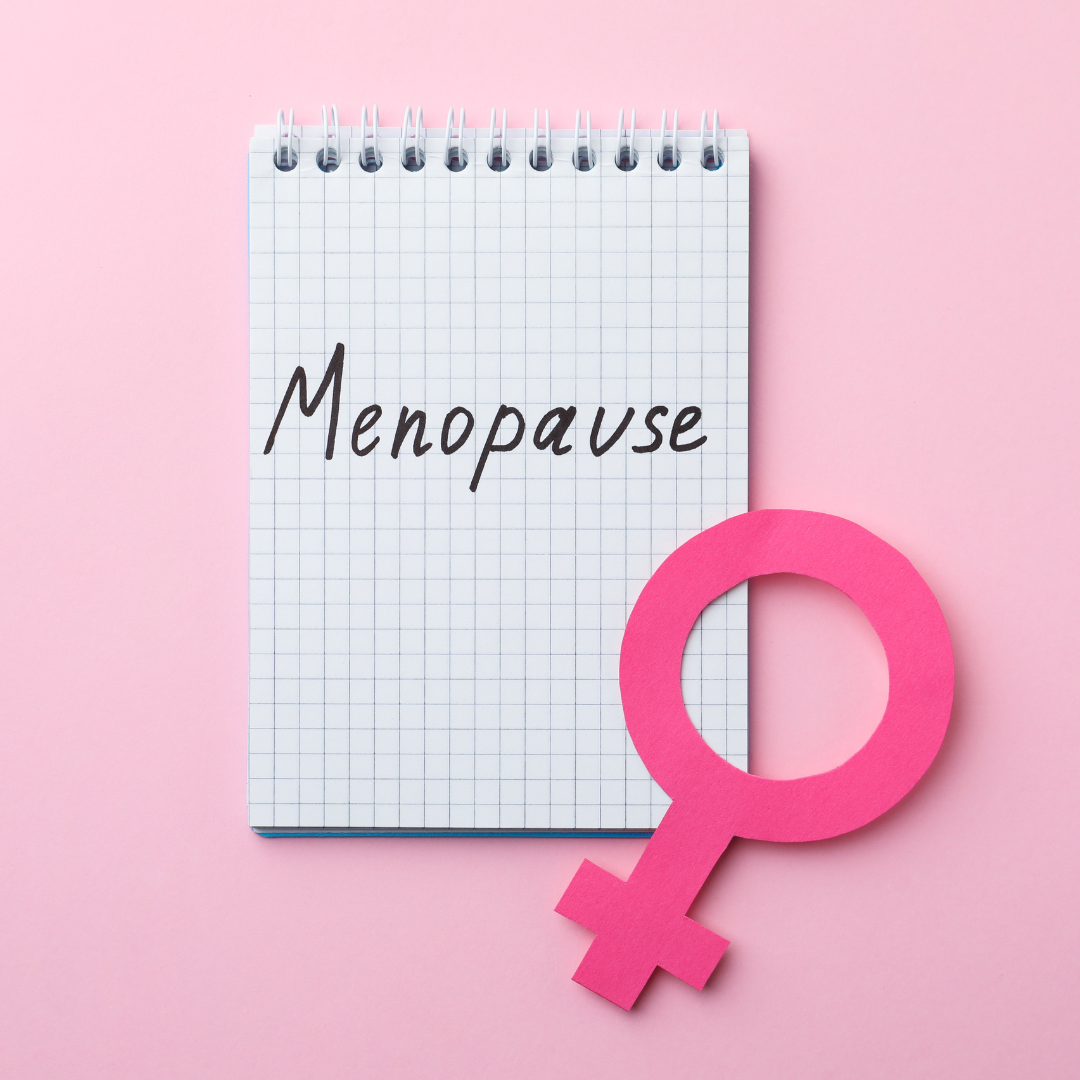Understanding the Menopause Transition: Symptoms & Self-Care


Menopause is a natural biological milestone—an expected and universal part of a woman’s life cycle. It is not a disease; it is a physiological transition marked by the permanent cessation of menstrual periods, reflecting the conclusion of ovarian reproductive function. Yet, the journey toward menopause—known as the menopausal transition or perimenopause—can be physically and emotionally complex.
As physicians, we observe that no two women experience menopause in the same way. Some cross this phase smoothly, while others face significant symptoms that influence their daily life, sleep, mood, and relationships. Understanding menopause through a scientific yet compassionate lens empowers women to navigate this stage with confidence and dignity.
This article explains menopause for general readers, medical students, young doctors, and general practitioners, with a focus on physiology, symptoms, self-care, and knowing when to seek medical advice.
General Readers
Menopause usually occurs between the ages of 45 and 55. The transition may begin gradually over several years, during which women may notice:
• Irregular periods
• Hot flashes & night sweats
• Sleep disturbances
• Mood swings or irritability
• Vaginal dryness & discomfort during intercourse
• Weight gain, especially around the abdomen
• Reduced libido
• Joint pains
• Hair thinning or dry skin
These changes reflect hormonal fluctuations, mainly decreasing estrogen. While the symptoms may be uncomfortable, many can be managed successfully through lifestyle changes, self-care, and medical guidance when needed.
Medical Students
From an academic perspective, menopause represents a decline in ovarian follicular reserve and consequent hypoestrogenism. Key points include:
• Menopause is diagnosed after 12 consecutive months of amenorrhea.
• The perimenopausal period is characterized by fluctuating FSH and estradiol, with FSH often rising significantly.
• Vasomotor symptoms result from thermoregulatory instability within the hypothalamus.
• Urogenital symptoms arise from decreased estrogen receptors in the vaginal and lower urinary tract epithelium.
• Long-term consequences include osteoporosis, cardiovascular changes, and urogenital atrophy.
Understanding hormonal interplay and systemic effects prepares medical students to appreciate the broad impact menopause has on a woman’s physical and psychological health.
Young Doctors
Early-career doctors must learn to evaluate menopause holistically by:
• Taking a detailed menstrual and reproductive history.
• Assessing sleep, mood, sexual health, weight changes, and general well-being.
• Ruling out medical conditions that mimic menopausal symptoms (thyroid disorders, anemia, depression).
• Counseling on lifestyle interventions: diet, exercise, sleep hygiene.
• Knowing when to consider Hormone Replacement Therapy (HRT) and when to avoid it (history of breast cancer, thromboembolic disorders, uncontrolled hypertension).
• Maintaining empathy and ensuring the patient feels heard and respected, as symptoms can be deeply distressing despite being “natural.”
General Practitioners
GPs play a crucial role as frontline providers. Practical steps include:
• Screening for osteoporosis, cardiovascular risk, and mental health concerns.
• Offering evidence-based treatments:
• Low-dose estrogen therapy (if no contraindications)
• SSRIs/SNRIs for hot flashes in patients unable to take hormones
• Vaginal estrogen for urogenital symptoms
• Calcium + Vitamin D supplementation
• Weight and blood pressure monitoring
• Educating patients on diet, exercise, stress management, and sleep hygiene.
• Encouraging follow-up to monitor therapeutic response and adjust treatment.
A GP’s balanced, calm, and non-judgmental guidance helps women sail through this phase with clarity.
Pathophysiology
The menopausal transition is driven by gradual ovarian depletion:
• Follicular depletion → Reduced estrogen and progesterone production.
• Low estrogen triggers elevated FSH and LH via loss of negative feedback.
• Thermoregulatory changes in the hypothalamus cause vasomotor symptoms.
• Genitourinary syndrome of menopause (GSM) develops due to thinning of vaginal and urinary tract epithelium.
• Bone resorption increases, predisposing to osteopenia/osteoporosis.
• Lipid profile changes, increasing cardiovascular risk.
Menopause is therefore a multisystem event—not just a reproductive one.
When to See the Doctor
A woman should consult a doctor if she experiences:
• Severe or persistent hot flashes/night sweats
• Unexplained vaginal bleeding after menopause
• Mood disturbances affecting daily life
• Painful intercourse or frequent urinary infections
• Excessive fatigue or hair loss (consider thyroid dysfunction)
• Significant weight gain or sleep disturbances
• Signs of osteoporosis (back pain, height loss)
• Early menopause (before age 40)
• Desire for structured guidance and treatment options
Early evaluation helps detect conditions requiring medical intervention.
Conclusion
Menopause is a natural stage—not an illness. Yet, the physical and emotional challenges can be real and sometimes overwhelming. With the right knowledge, self-care approach, emotional support, and timely medical care, women can transition through menopause with grace, control, and vitality.
A physician’s role is not simply to prescribe hormones—it is to guide, inform, reassure, and empower.
Dos and Don’ts
Dos
• Maintain a balanced diet rich in calcium & Vitamin D
• Exercise regularly (walking, strength training, yoga)
• Practice sleep hygiene and relaxation techniques
• Use vaginal moisturizers or lubricants if needed
• Stay hydrated
• Go for regular health screenings
• Seek support from family, friends, or support groups
Don’ts
• Don’t ignore persistent symptoms
• Don’t self-medicate with hormones or herbal supplements
• Don’t smoke (it worsens hot flashes and increases cardiovascular risk)
• Don’t rely solely on social media for treatment advice
• Don’t assume symptoms are “just menopause” without evaluation
FAQs About the Menopause Transition
1. What age does menopause usually start?
Most women experience menopause between 45 and 55. Early menopause (<40) needs medical evaluation.
2. How long does the transition last?
Perimenopause can last 2–8 years. Symptoms often reduce gradually after menopause.
3. Are hot flashes dangerous?
Not dangerous, but uncomfortable. If severe, they can be effectively treated.
4. Can menopause cause depression?
Yes, hormonal fluctuations can trigger mood changes. Evaluation and treatment are important.
5. Is hormone therapy safe?
For many women, yes—when prescribed correctly and without contraindications. A doctor must evaluate suitability.
6. Can I get pregnant during perimenopause?
Yes. Irregular cycles do not rule out ovulation. Contraception is advised until 12 months after the last period.
7. Does menopause weaken bones?
Reduced estrogen accelerates bone loss. Diet, exercise, and supplements help protect bone health.
8. What is vaginal dryness and how can I manage it?
It is a common symptom due to low estrogen. Lubricants, moisturizers, and vaginal estrogen can help.
9. Is weight gain inevitable?
No. Metabolism slows slightly, but diet and activity level largely determine weight.
10. Should every woman see a doctor during menopause?
Not necessarily. But evaluation is important if symptoms are severe, unusual, or concerning.


By Dr. Mohammed Tanweer Khan
A Proactive/Holistic Physician
Founder of WithinTheBody.com